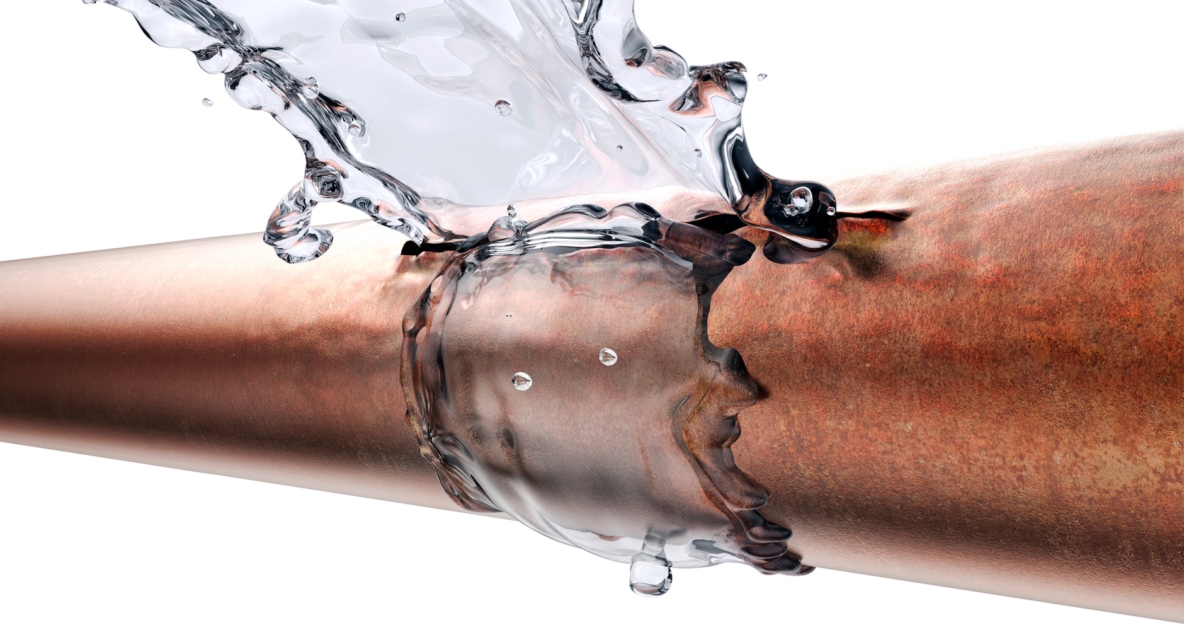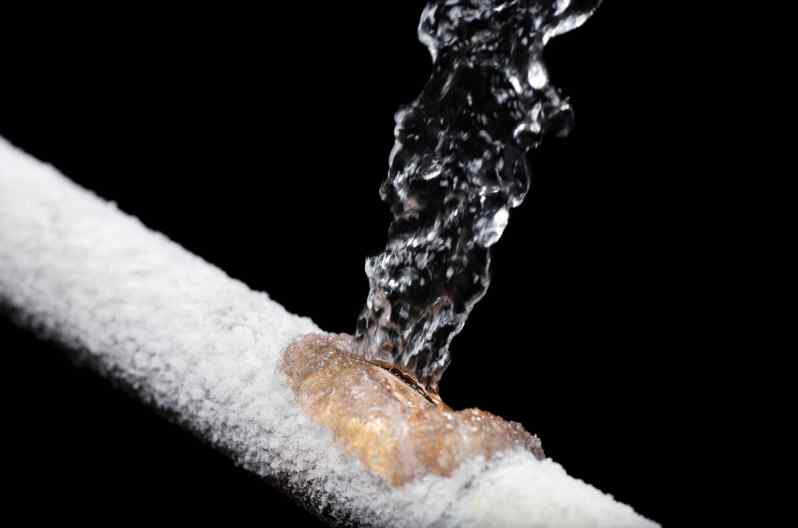What You Should Know About Routine Septic Tank Maintenance
What You Should Know About Routine Septic Tank Maintenance
Blog Article
Presented here in the next paragraph you can find additional brilliant content in regards to What You Should And Shouldn’t Do When Dealing With Water Damage.

What should you do if a water pipeline ruptureds in your home, producing a mini-waterfall as well as swamping a location of your house? The longer you wait, the a lot more serious the water damage in your property. For these reasons, you need to learn what to in instance of a ruptured water pipeline.
Shut down the Key Waterline Shutoff
Look for the neighborhood shut-off shutoff to turn-off water in one particular area just. This will certainly cut off the water in your entire home. Typically, the main shutoff is discovered outside the residence following to the water meter.
Call Water Damage Restoration Pros for Aid
After shutting the water source, call the pros for aid. This is not something you can easily DIY because they require to repair the pipes and also deal with the damages to your residential or commercial property. Seek aid from a trusted firm using 24/7 emergency services. With their specialist help, you can minimize exacerbation due to the fact that water can leak with your things causing warped walls, loose floor tiles, or damage framework. Don't take this trouble lightly and seek career assistance for full assurance.
Paper the Damages For Insurance coverage
As you are awaiting the pros to arrive, document the damage brought on by the errant pipe. Take images and videos of every little thing. Do closeup shots of valuables. These things will certainly work as proof for your homeowner's insurance coverage. Remaining proactive with this enables you to sue for insurance coverage, which will assist you as well as your family members get back on your feet.
Restore Points That Can Be Conserved
As soon as you're done taking pictures, read the things and get one of the most important ones from the stack. Dry them off and try to protect as long as you can. Drag them far from wetness so they can start to dry.
Beginning the Drying Refine
Luckily, water from your waterlines are clean so you don't have to worry concerning drain water. The streaming water may have disturbed the dirt as well as debris in your carpets and also floorboards. Be prepared with gloves as you make use of pails to discard out the water.
Professionals are the only ones certified to take care of the burs pipes and succeeding damage. And also keep in mind, pipes do not simply all of a sudden ruptured. You will normally see red flags like bubbling paint, weird sounds in the plumbing, stuffy smell, caving ceiling, peeling wallpaper, or water discolorations. Focus on these things, so you can nip any problems in the bud.
What should you do if a water pipe ruptureds in your home, creating a mini-waterfall as well as flooding a location of your house? For these factors, you need to discover what to in situation of a burst water pipeline. After closing the water source, call the pros for aid. With their expert aid, you can reduce worsening since water can permeate with your points resulting in distorted walls, loose floor tiles, or damage framework. Fortunately, water from your waterlines are tidy so you don't have to stress about drain water.
How to Handle a Burst Pipe and Minimize Damage
Steps to Take Ahead of Time
If you own property in an area that experiences cold weather, you need to be aware of seasonal maintenance tasks that will help you protect your property as the weather changes each year. One of the most important steps is to winterize your pipes to ensure they won't freeze or burst when the temperature drops. This includes action items like insulating any exposed pipes, detaching garden hoses and covering outdoor faucets. If the weather gets cold enough, you may even consider leaving a faucet dripping or opening cabinet doors during the coldest parts of the day.
No matter how prepared you might be, accidents and emergencies still happen. You'd be wise to set up a savings account specifically for your property so you have a "rainy day" fund set aside for unexpected expenses. All homes—regardless of age, location or condition—will inevitably need some form of emergency repair.
Steps to Take for Frozen Pipes
A frozen pipe will not necessarily burst, so if you can catch a frozen pipe early on, you could save yourself a major headache. When your area experiences frigid temperatures, be sure to check your plumbing and keep an eye out for warning signs like faucets only releasing small amounts of water or toilets not refilling when flushed. If you do run into one of these issues, you're likely dealing with a frozen pipe.
If this happens, your first step should be to cut off the water supply to that section of the plumbing. Expanding and freezing water can quickly cause damage. Even if the water supply is shut off, you will likely still deal with some leaking from the water that defrosts after the pipe has thawed. Be prepared with a mop, bucket and/or towels to quickly soak up any excess water.
In order to thaw a frozen pipe, you can use a space heater, infrared or incandescent heat lamp, or even a hairdryer to warm up the frozen area. Heat tape is also an option and should be used according to manufacturer instructions. Do not use any sort of open flame to thaw frozen pipes, as it poses a major fire hazard and can damage your pipes further.
Steps to Take for a Burst Pipe
Water damage claims are the second most common insurance claim in the U.S. When you're dealing with a frozen pipe, the water continues to expand as it freezes, which creates pressure that can cause a pipe to burst. When this happens, the crack or leak in the pipe allows water flow from the pipe to enter your home where it shouldn't. If a pipe does burst, you need to act quickly to mitigate property damage and repair cost.
Your very first step should be to shut off your main water supply to minimize flooding—typically the most expensive damage to address. Once you've shut off the water supply, make sure you identify the entire area that has been impacted by the leak. Remove as much water as possible—as quickly as possible—using a mop, sponges, towels or a shop vacuum or wet/dry vacuum. To prevent long-term damage due to moisture build-up, run a dehumidifier or fan in the affected area. Contact a licensed plumber to ensure the pipe is correctly repaired before running any water to that section of the home again. Burst pipes and the associated water damage are something you absolutely want to avoid as a property owner. If you've had to learn your lesson the hard way, don't let yourself get caught in a similar situation during the next spell of cold weather. The best way to deal with frozen or burst pipes is to prevent them in the first place—proactive winter maintenance will save you time, money and a whole lot of stress.

I was shown that report on What You Should And Shouldn’t Do When Dealing With Water Damage through an acquaintance on a different web address. Appreciated our entry? Please share it. Help somebody else check it out. We love reading our article about Do’s And Don’ts In Case Of Water Damage.
Report this page